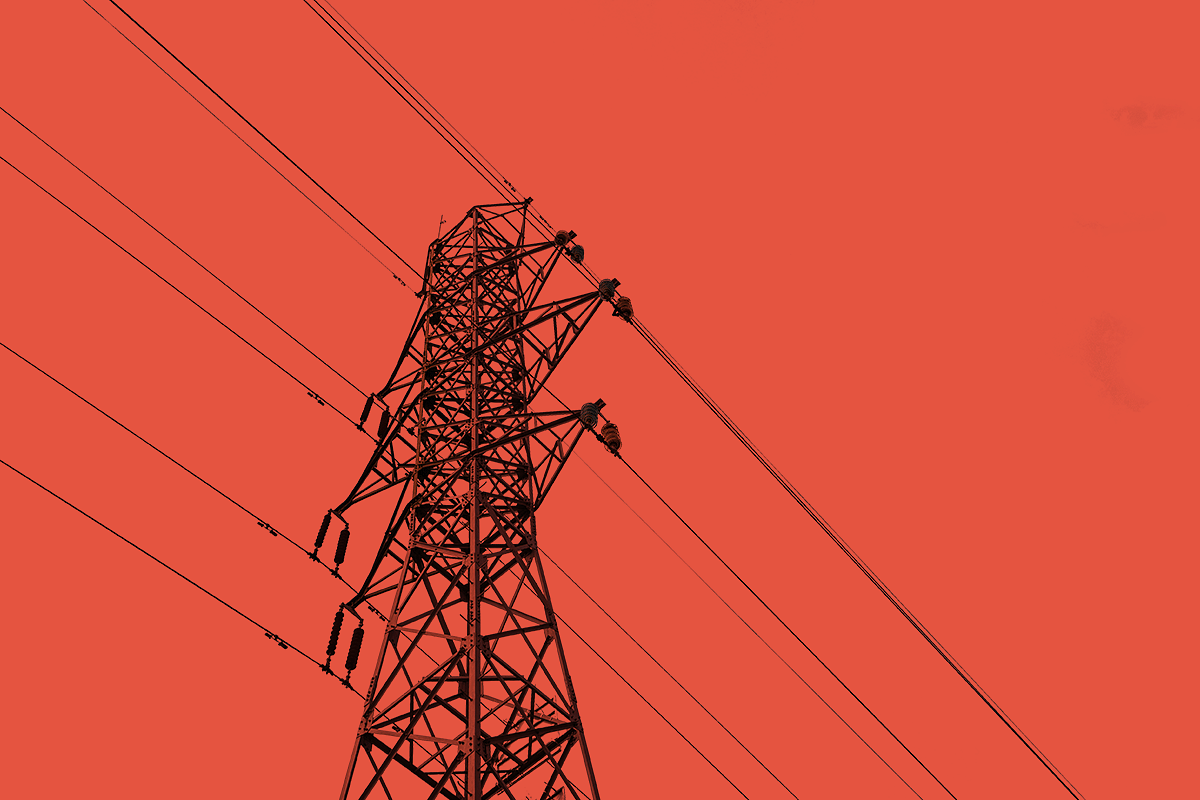News Brief
Here Are Four Major Amendments Proposed By Modi Government To Improve Power Sector Efficiency

The proposed amendments aims to enhance the financial sustainability of the power sector and decrease regulatory assets.
The financial news portal, Moneycontrol has reported that the Ministry of Power (MoP) has issued a notification late 28 June, with a proposed draft of four key amendments.
The objective of the proposed amendments is to enhance the financial sustainability of the power sector and decreasing regulatory assets.
Key Amendments Proposed:
1. Changes in the Electricity Rules, 2005
The proposed amendment aims to bring in new rules that will help reduce the gap between the cost of power and the approved tariff by states.
While this move may eventually result in higher power prices for consumers, it can reduce the burden on already struggling power distribution companies (DISCOMS) in reducing their mounting losses.
DISCOMS generally face challenges due to high regulatory assets, which represent costs deferred for recovery through future tariff revisions. This draft amendment will lead to the timely liquidation of these regulatory assets.
The MoP, in a note on the proposed amendments, stated, “It has been observed that in many states there is a large gap in the approved ARR and the estimated revenue on approved tariff."
"To discourage such practice there is need to make statutory provisions to avoid such a gap. It is also imperative that liquidation of any such gaps in the revenue required and the estimated approved tariff is done in a time-bound manner,” it added.
DISCOMS in states with existing gaps or regulatory assets under the current notified tariffs, must liquidate them in a maximum of seven equal yearly instalments, starting from the next financial year.
2. Limiting the open access charges imposed by states.
The Electricity Act of 2003 includes Open Access as a key feature, but its implementation has been slow due to the high "open access charges" imposed by states.
Currently, these charges are levied arbitrarily by states in the absence of a standard regulatory framework, which hinders the commercial and industrial sector from accessing electricity, particularly renewable energy.
Alok Kumar, secretary, of the Ministry of Power, told," Open Access charges need to be reasonable throughout the country. So, it has been proposed to rationalise such charges by prescribing a methodology for computing various open access charges," as reported by Moneycontrol.
He further explained that, "Basically, we are capping various open access charges so that no state can charge in excess of the normative rate.”
Furthermore, the notification specifies that the additional surcharge imposed on any open-access consumer should not exceed 50 per cent of the wheeling charges applicable to that category of consumers.
3. Eliminate the requirement for a transmission license to connect large consumers to the grid.
Kumar stated, “We received requests from stakeholders to allow large consumers such as Green Hydrogen manufacturers to establish, operate or maintain dedicated transmission lines with ESS without the requirement of a licence."
"Of course, provided they comply with the regulations, technical standards, guidelines and procedures issued under the provisions of the Electricity Act, 2003.” added Kumar.
He further explained, "This proposed amendment takes into consideration the future development of green hydrogen hubs or large-scale green hydrogen manufacturers."
4. Amendment to prevent "frivolous litigations" before the Appellate Tribunal for Electricity (APTEL)
The amendment seeks to prevent frivolous litigations by mandating the payment of at least 50 per cent of the payable amount upfront when filing an appeal against any order issued by the appropriate commission.
Stakeholders have been invited to provide their comments and suggestions on the proposed amendments, as the Ministry seeks their input.
Support Swarajya's 50 Ground Reports Project & Sponsor A Story
Every general election Swarajya does a 50 ground reports project.
Aimed only at serious readers and those who appreciate the nuances of political undercurrents, the project provides a sense of India's electoral landscape. As you know, these reports are produced after considerable investment of travel, time and effort on the ground.
This time too we've kicked off the project in style and have covered over 30 constituencies already. If you're someone who appreciates such work and have enjoyed our coverage please consider sponsoring a ground report for just Rs 2999 to Rs 19,999 - it goes a long way in helping us produce more quality reportage.
You can also back this project by becoming a subscriber for as little as Rs 999 - so do click on this links and choose a plan that suits you and back us.
Click below to contribute.
Latest